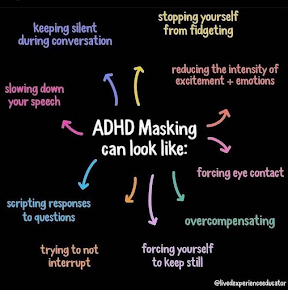In a Nutshell #1
For my post, I chose to reflect on Betty Risteen Hasselkus’s “The World of Everyday Occupation: Real People, Real Lives”. This particular Eleanor Clarke Slagle Lecture was published in 2006 and highlights the importance of everyday occupations. Betty Risteen Hasselkus, OTR, PhD, FAOTA, is an established professor of Kinesiology and Occupational Therapy at the University of Wisconsin and has held multiple prestigious titles within the world of Occupational Therapy. Dr. Hasselkus served as the editor of “The American Journal of Occupational Therapy” spanning from 1998 to 2003 and was even named one of the 100 Influential People in Occupational Therapy by the American Occupational Therapy Association (AOTF, 2000). Terrorism, economic collapse, and war in the Middle East are just some of the most significant takeaways when one thinks of the year 2006. With the typical American lifestyle changing, life as an Occupational Therapist would have definitely felt unpredictable. Hence, why Dr. Hasselkus chose to focus her work on something that will always be consistent for any person- daily occupations. I chose to write about this particular edition of the Slagle Lecture award because I found it fascinating how Dr. Hasselkus was able to use food as a means of fulfillment for people in all walks of life; especially in people with dementia. This stuck out to me because I live with and help care for my grandmother who was diagnosed with dementia about ten years ago. In the article, Dr. Hasselkus talks about how there is “beauty” in everyday occupation and how these simple daily activities can provide such structure to one’s life and overall mental wellbeing (Hasselkus, 2006). Reinforcing this idea, she explains the concept of occupational deprivation and how people who do not have the freedom to perform their everyday occupations at their own free will feel drastically less fulfilled than others. Some examples in the text of populations that would be occupationally deprived are prisoners, patients at a retirement home, or people with disabilities (Hasselkus, 2006). I believe she chose to craft her lecture after the importance of everyday occupations because it symbolizes one of the most crucial aspects of the practice of Occupational Therapy; the ability to accomplish and find joy in whatever task it is that keeps a person taken care of mentally just as much as it does physically.
Works Cited
Hasselkus, B. R. (2006). Eleanor Clarke Slagle Lecture—The World of Everyday Occupation: Real People, Real Lives. American Journal of Occupational Therapy, 75,
7506150010. https://doi.org/10.5014/ajot.2021.756001
Ross, H. (2019, January 2). Betty R. Hasselkus, PhD, OTR, Faota. AOTF. Retrieved January 19, 2023, from https://www.aotf.org/About-AOTF/Awards-and-Honors/Academy-of-Research-in-OT/Academy-of-Research-Profile/betty-r-hasselkus-phd-otr-faota


Comments
Post a Comment